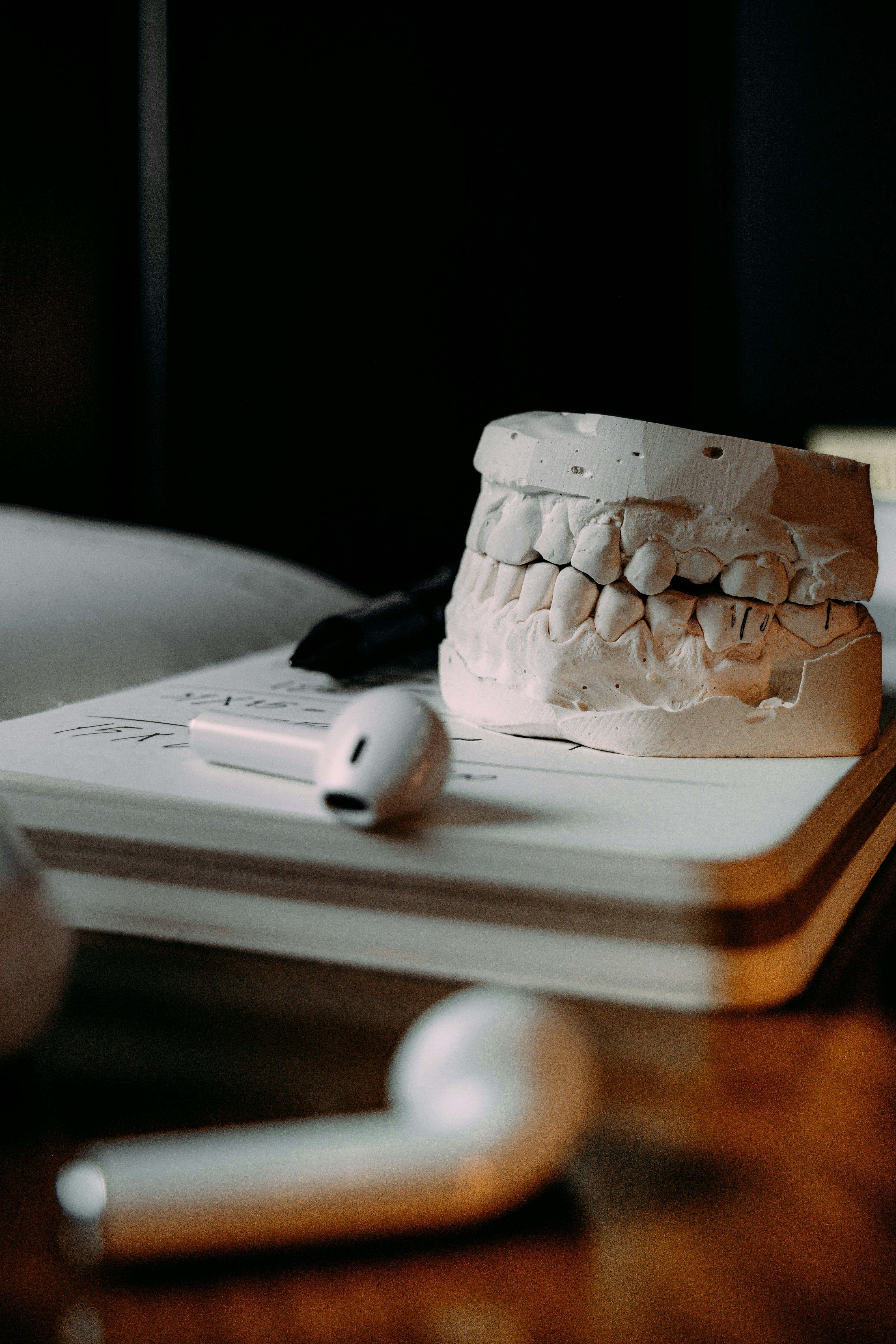
What Is the INBDE?
The INBDE is the Integrated National Board Dental Examination. This exam is taken by graduating dental students in order to obtain licensure. It has replaced the previous version of the exam, which was composed of Parts I and II. This new integrated test is a gateway for any candidate who wants to pursue practicing clinical dentistry within the United States. In this article, we will discuss the specific aspects of the INBDE including eligibility and timeline, content and breakdown, the differences between the old and new exam, scoring, and cost and registration.
⏰ Eligibility and Timeline
Both dental students and foreign graduates/dentists may apply to take this exam. U.S. dental students are generally cleared by their schools once they have completed board essential coursework. This normally occurs at some point during their junior year. However, international graduates/dentists must pass this exam prior to applying to advanced standing or select residency programs. These international candidates must have their official transcripts verified by the Educational Credential Evaluators, Inc. It is important to know that any student who has not completed the original NBDE part 1 and part 2 by October 31, 2020, will be required to take the INBDE. If a student fails this exam, they must wait a minimum of 90 days before retaking.
📚 Content and Breakdown
The content of the exam is based on the “Domains of Dentistry.” This means that the exam is meant to integrate clinical, biomedical, and behavioral sciences to evaluate a candidate’s dental knowledge comprehensively. The exam is given over the course of two days. The first day includes 3 sets of 100 standalone questions and 1 set of 60 case-based questions that make up a composite of 360 questions. The second day is entirely composed of case-based scenarios given in 2 sets of 70 questions for a total of 140 questions. The total exam time over two days is 12 hours and 30 minutes, this includes the tutorial, survey, and all breaks.
To give you a better sense of the exam breakdown, the test has 56 Clinical Content and 10 Foundational Knowledge competency areas. The Clinical Content portion is further broken down into: Diagnosis and Treatment Planning, Oral Health Management, and Practice and Profession. Diagnosis and Treatment Planning assesses one’s ability to interpret lab results, evaluate appearance and function, underlying conditions, and social and behavioral influences, and how they all contribute to patient evaluation and diagnosis. Oral Health Management incorporates aspects of how to modify treatment, handle complications, etc. to get a glimpse of the challenges one may expect to encounter while providing dental care. Practice and Profession assess one’s ability to understand emerging trends in health care, self-assess competency, be aware of one’s scope of practice, understand how to integrate new technology into one's practice, etc. Finally, the Foundational Knowledge areas range from biology and pathobiology to genetic and congenital diseases and how to assess based on clinical features, behavioral sciences, pharmacology, etc. Given that the INBDE consists of 500 questions, here’s an overview of the breakdown. Within the Clinical Content Area, 21.8% of questions come from Practice and Profession, 36.2% come from Diagnosis and Treatment Planning, and 42.0% from Oral Health Management. The 10 Foundational Knowledge Areas are relatively uniformly assessed.
✍️ Differences
The exam has taken a turn from the previous version in which this exam emphasizes the understanding of clinical concepts with the integration of basic and dental sciences rather than solely recall. In addition, this new exam includes patient box-styled questions that present chief complaints, medications, and current findings involving case-based scenarios.
💯 Scoring
The test is scored on a scale of 49-99, with a score of 75 and above as passing. Students will not be able to view their scores if they pass. If a student fails, they will receive a report of their performance by topic for remediation. You will typically receive your exam results around 3-4 weeks after your exam. Each question on the INBDE contributes a variable amount to the final score based on 3 metrics: question difficulty, quality of the question, and question’s susceptibility to guessing. Keep in mind that there are no consequences to guessing, so if you find yourself running short on time, make your best educated guess to make sure you put down an answer choice for every question! There will be a few experimental questions sprinkled in throughout the exam, which are ungraded and do not contribute to your exam score. However, you will not be made aware of which are experimental questions, so make sure to try your best on every question.
With regards to some statistics in terms of passing/failing rates, a 2023 report by the Joint Commission on National Dental Examinations found that on the first attempt at the INBDE, students from accredited dental programs had a 1.0% fail rate in 2020, 1.3% in 2021, and 0.8% in 2022. In contrast, students from non-accredited dental programs had a first-attempt fail rate of 38.8%, 33.1%, and 25.3%, in 2020, 2021, and 2022, respectively.
💰 Cost & Registration
The cost to attempt the exam is currently $880. Students are allowed to send their results to up to 3 recipients, but they will have to pay an additional $45 per school for any extra school. To register to take the test, students must apply here with the same DENTPIN that was used for the DAT. If they do not have a DENTPIN, one can be created here. Once a student has applied, they will receive an eligibility email granting them the ability to sign up for a test date at a local Prometric Center.
🧍♂️ Conclusion
The INBDE is a new test that will challenge your knowledge of dentistry in an integrated fashion! Be sure to give yourself ample time to study, and spots tend to be limited due to its’ 2-day length, so register early. Good luck studying! 😊